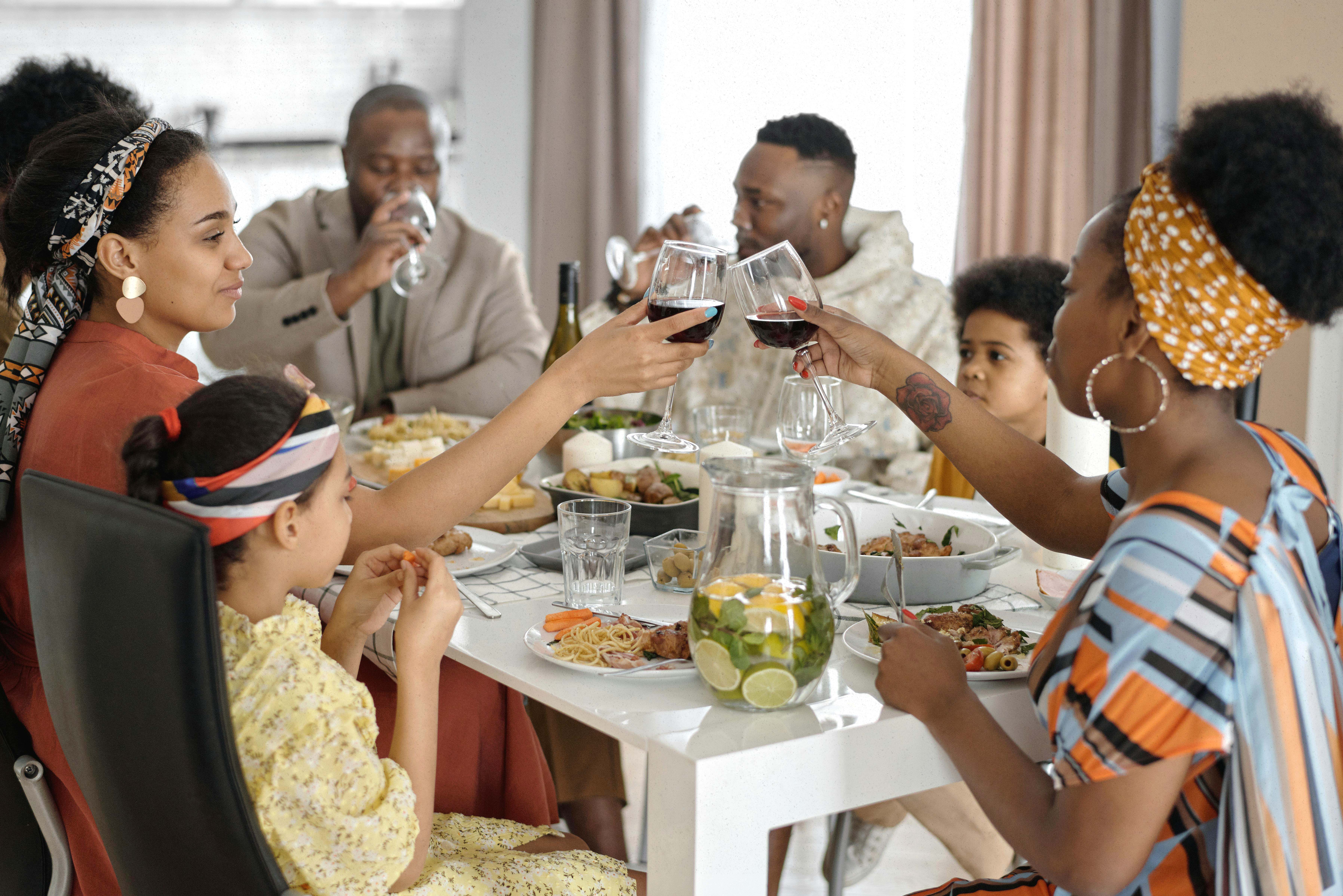When the Holidays Bring Back More Than Memories
Thanksgiving can be beautiful — a time for connection, gratitude, and tradition. But for many people, family gatherings also bring something else: old patterns.
No matter how much healing work you’ve done, sitting at the same table where those patterns were created can stir up familiar feelings — irritation, guilt, invisibility, or pressure to keep the peace.
As a therapist offering individual and couples therapy in Pasadena, I often remind clients: those feelings aren’t a sign that you’ve “regressed.” They’re signs that your nervous system remembers.
Why Family Dynamics Feel So Triggering
The holidays often place us right back in our childhood roles. Maybe you were the caretaker, the fixer, the funny one, or the quiet one who didn’t make waves. Even when you’ve grown and changed, returning to the family system can feel like being pulled into a script you didn’t agree to keep performing.
That’s because your body stores relational memories. When you sense tension, tone changes, or unspoken expectations, your brain reads those cues as potential danger — even if you’re perfectly safe now.
How to Recognize You’re Being Triggered
You might notice that:
- Your chest feels tight or your heart rate picks up.
- You suddenly go quiet or overly accommodating.
- You feel like a teenager again, desperate for approval or dreading conflict.
These reactions aren’t weakness. They’re protective strategies that once kept you safe. The goal isn’t to eliminate them — it’s to notice them and give yourself new options in the moment.
Practical Tools to Stay Grounded During Family Gatherings
1. Name What’s Happening — Silently
When you feel yourself tighten or withdraw, internally name it: “I’m feeling activated right now.” Naming your state gives your prefrontal cortex (your rational brain) a chance to come back online.
2. Use Your Senses to Ground
Touch something textured (like your napkin or chair), feel your feet on the floor, or take one slow, intentional breath. Simple grounding keeps your attention in the present moment instead of in the past.
3. Set Micro-Boundaries
You don’t have to make dramatic declarations. A short walk outside, a trip to the bathroom, or stepping away for water can give your body a reset. If a topic starts to escalate, try:
“I love that we can talk about things, but I’d rather not get into this right now.”
4. Stay Connected to a Safe Person
Text a friend, partner, or sibling who understands your history. A quick “check-in” message can help you feel anchored in your current support system, not just your family role.
5. Offer Yourself Compassion Afterwards
Even if you handled things well, you might still feel drained. Take time after the gathering to decompress — walk, journal, or simply rest. Healing often means recognizing that the goal isn’t a perfect dinner; it’s staying connected to yourself through it.
When Family Healing Feels Out of Reach
Sometimes, the healthiest thing you can do is choose distance — emotionally or physically. Protecting your peace doesn’t mean you don’t love your family; it means you’re honoring your growth.
Therapy can help you understand your triggers, develop emotional regulation skills, and build confidence in setting boundaries that reflect who you are now — not who you had to be then.
At the Center for Growth and Connection in Pasadena, our team helps clients navigate the complicated mix of love, loyalty, and self-protection that family gatherings can stir up.
This Thanksgiving, Let Your Growth Have a Seat at the Table
You can’t control how others show up — but you can control how you stay grounded in yourself. Your calm, your boundaries, and your self-compassion are all evidence of how far you’ve come.
At the Center for Growth and Connection, we help individuals and couples heal attachment wounds and create relationships grounded in emotional safety and genuine connection. Schedule a consultation to begin your journey toward healthier love.
Michelle Cantrell, LPCC is the Founder and Clinical Director of the Center for Growth and Connection, based in Pasadena, CA. Along with a team of trusted associates, CGC offers individual and couples therapy both in-person in Pasadena and Encino, as well as secure telehealth sessions throughout California.
Don't suffer alone, we are here to help.
Get a free consultation today!
About the Author
I love helping people experience more success in their relationships. So many individuals and couples come to me having had great success in their professional lives while struggling in their most important relationships. Whether I’m working with an individual or a couple, I help clients have healthier relationships with others and themselves, improve their connection with their partners, and become more effective at getting their relational needs met.









